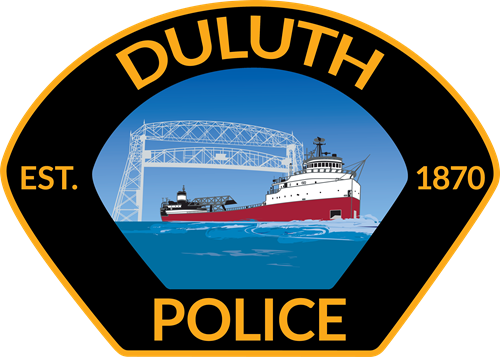This Minnesota program conducts outreach to overdose survivors with a team comprised of peer support specialists and social workers
Opioid overdose survivors need immediate access to harm reduction, treatment, and recovery resources and services to prevent future, perhaps fatal, overdoses. In 2018 the Duluth, Minnesota Police Department initiated the Substance Use Response Team (SURT) to facilitate such access, using peer specialists to contact overdose victims. Since law enforcement personnel are sometimes viewed with suspicion by people who use drugs, SURT is staffed by civilians who are representative of the community. Staff include four culturally competent peer recovery specialists and a licensed social worker who use police overdose incident reports, as well as community referrals, to locate clients. Overdose survivors and others with substance use disorders are offered peer counseling, the opportunity to access addiction treatment and/or mental health services, harm reduction, and links to other community resources. In one year of operation, SURT was able to contact over 60% of prospective clients, and of those 80% achieved at least one objective related to recovery.
The program's objectives and operations are described in a Duluth Police Department press release which also contains contact information, and an evaluation study of SURT is available here. SURT is now part of a larger Behavioral Health Unit which addresses mental health as well as substance use disorders, both of which account for many 911 calls.
By using civilian personnel to link overdose survivors to recovery services, the police department can increase its capacity to address the opioid crisis.









